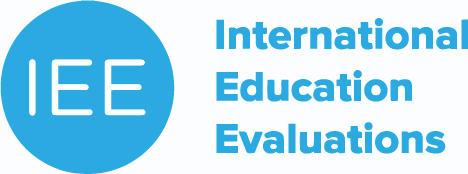
In our interconnected world, where education and career opportunities transcend borders, the need for credential evaluation has become increasingly prevalent. This process involves scrutinizing an individual’s academic credentials and determining their equivalence to educational standards in a different country. This article aims to shed light on what credential evaluation entails and its significance for those aspiring to study or work abroad.
What is Credential Evaluation?
Credential evaluation is the meticulous process of verifying and assessing an individual’s academic credentials – be it transcripts, diplomas, certificates, or degrees – to establish their equivalence to the educational standards of another country. The primary objective is to offer an impartial assessment of an individual’s academic qualifications for the benefit of potential employers or educational institutions.
Why is Credential Evaluation Important?
The importance of credential evaluation is multi-faceted. Firstly, it empowers individuals to understand how their academic credentials align with the educational standards of the country they aspire to be in. This knowledge is particularly crucial for those with ambitions of studying or working abroad, enabling them to identify and meet the necessary educational requirements.
Secondly, credential evaluation serves as a crucial tool for employers and educational institutions. Employers can use it to verify the credentials of potential employees, ensuring that they possess the requisite skills and knowledge. Educational institutions, on the other hand, can use it to assess the academic qualifications of students with foreign credentials, aiding in the admissions process.
Types of Credential Evaluation:
- Document Evaluation:
- Involves verifying the authenticity of academic documents like transcripts and diplomas.
- Often employed by employers to validate the credentials of potential employees.
- Course-by-Course Evaluation:
- Entails assessing an individual’s academic credentials, including course content, education level, and earned credits.
- Frequently used by educational institutions to gauge the level of education attained.
- Comprehensive Evaluation:
- Involves a detailed assessment of an individual’s academic credentials.
- Commonly used by regulatory bodies or licensing agencies to determine eligibility for professional licensure or certification.
Conclusion:
In conclusion, credential evaluation is a pivotal process that allows individuals to have their academic credentials assessed and verified in foreign territories. Armed with an understanding of the different types of credential evaluation and their significance, individuals can make informed decisions about pursuing their educational or career goals abroad. For those in need of credential evaluation, partnering with a reputable service provider is crucial to ensure accuracy and objectivity in the assessment process. If you find yourself in need of such services, don’t hesitate to reach out for assistance.

